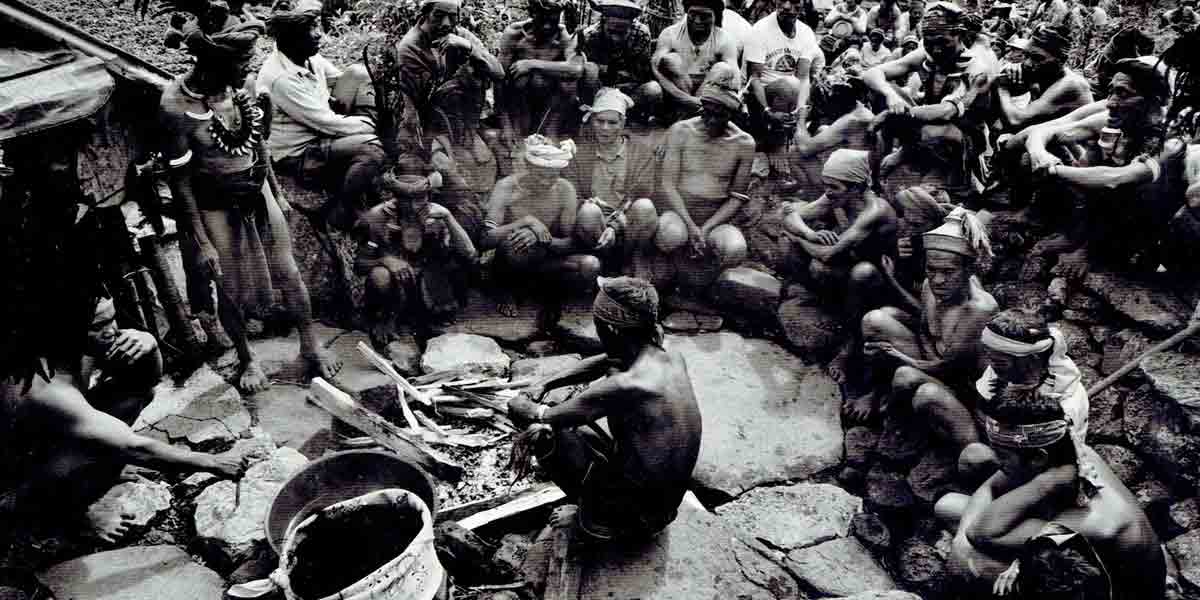By Herbert Vego
WHILE looking at my “expiring” calendar 2021, I saw the red number 30. I remembered it would be Rizal Day tomorrow, commemorating the 125th anniversary of the martyrdom of our national hero, Dr. Jose P. Rizal. He gave up his life before a firing squad on December 30, 1896.
As history books would have us believe, he could have saved his life by kowtowing to the Spanish colonial government. But he opted to sacrifice it at age 34 to articulate his people’s outcry against a barbaric regime pretending to be Christian.
It was not an easy job for his executioners who were Filipino soldiers of the Spanish Army, whose lives depended on carrying out the order to shoot. A back-up force of regular Spanish Army troops stood ready to shoot them should they fail to obey the order.
Any ordinary mortal would have long been forgotten, but not Rizal, who remains the most famous Filipino even in death. He remains unique and extraordinary in his single-minded commitment to his people’s liberation through peaceful means.
His derogatory opinions against the Roman Catholic faith as reflected in his novels El Filibusterismo and Noli Me Tangere are believed to have pushed the panic button that forced the Spanish regime to end his life.
Despite his aversion to the Catholic clergy, he fell in love with an Irish Catholic woman, Josephine Bracken, in February 1895. Falling in love with each other, they applied for a marriage contract but the local priest would perform the ceremony only if he could get permission from the bishop of Cebu. The bishop refused to grant permission because Rizal was a Mason.
Nevertheless, history records that Bracken and Rizal lived together as husband and wife in Barangay Talisay, Dapitan, beginning in July 1895; and that they were married in Catholic rites by Fr. Victor Balaguer in Fort Santiago two hours before his execution at Bagumbayan.
The priest defended his act, arguing that Rizal had retracted his anti-Catholic writings hours before his execution. But when asked for documentary proof, he could not show any.
Would Rizal have agreed on retraction as a marriage precondition when it would have rendered his thoughts in his writings skin-deep?
If it were true, then the Spanish authorities would have aborted his execution for whatever propaganda value it would serve them. They could have deprecated him for not walking his talk.
Recall his prophetic quotation in Noli Me Tangere that would have come to naught: “I die without seeing the dawn brighten over my native land. You who have it to see, welcome it–and forget not those who have fallen during the night!”
The national hero’s significance for us today remains open-ended. Readers of his works are now prone to extract multiple ambiguous meanings. A protagonist in El Filibusterismo posited the rationale of his quest for life’s meaning: “A life not consecrated to a great ideal is a useless one. Redemption presumes virtue; virtue presumes sacrifice; sacrifice presumes love.”
The logic of those words led to Rizal’s arrest, trial, and execution. His sacrificial death by musketry identified him as a victim of colonialism.
In Rizal’s letter to Mariano Ponce, he considered all the persecutions, cruelties and abuses as necessary for Filipinos to prove their fortitude and valor, so that “in spite of everything and everybody, they will be worthy of liberty. In every struggle there must be victims, and it is the greatest of battles which are the most sanguinary. What is imprisonment? What is death? An illness sends us to bed at times and takes our life. The question is whether this infirmity and this death will afterwards be useless for those who survive.”
Rizal opposed egotism. His motivation in writing El Filibusterismo and Noli Me Tangere was not meant to exalt himself but to rub on fellow Filipinos the fidelity to principles and national ideals above self-serving welfare.
In a letter to Marcelo del Pilar, Rizal exhorted his comrades to exercise restraint even while encouraging militant solidarity: “God and Destiny are on our side because we have justice and right and because we struggle not for ourselves but for the sacred love we hold for our country and for our fellow countrymen.”
Well, the colonial regimes have long gone, giving way to Filipino leadership. It is doubtful though whether the evils that Rizal fought against have also gone away.
‘JUMPERING’ NOT WORTH THE RISK
DURING a chat with MORE Power’s Ma. Cecilia “Maricel” Pe, this writer learned that the jump in the number of customers from 63,000 to 83,000 households within one year and a half could be traced to “legalization” of hitherto illegal connections. In other words, the power thieves in Iloilo City have become paying customers.
“Crime does not pay,” says an old adage.
A thousand cases have been filed against the suspected power pilferers in the city. It is ironic that some of them are highly educated, hence should have advocated good manners and right conduct.
I remember the case of a 62-year-old teacher caught on camera by a roving security guard of MORE Power while in the act of installing “jumper”. He was jailed at the Molo Police Station and was released only after paying bail. But the sadder tale is that he is still facing charges.





















